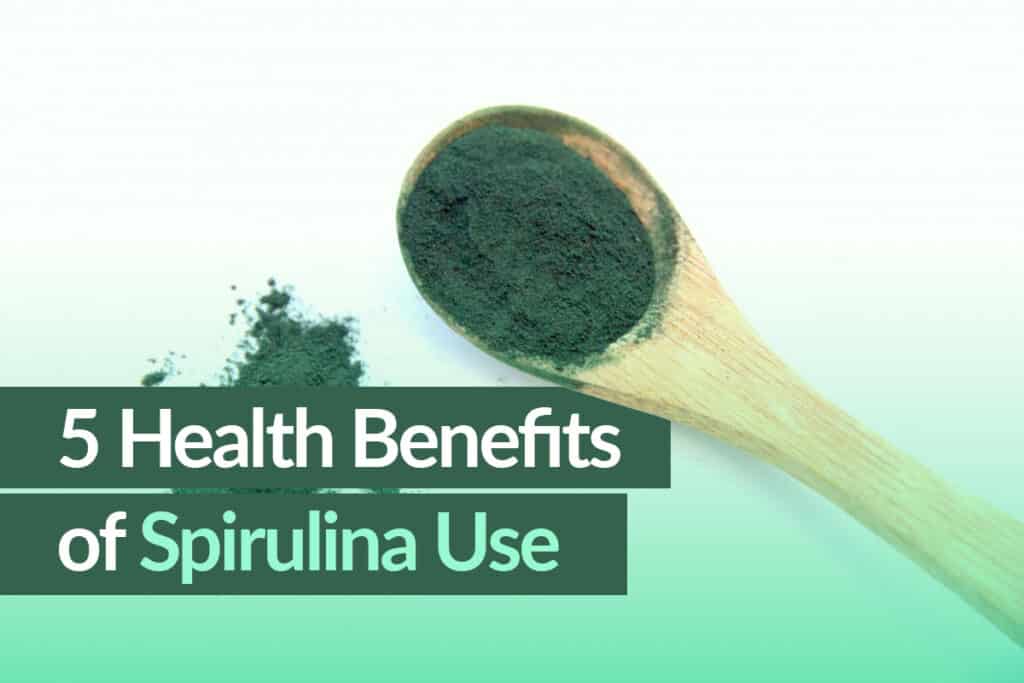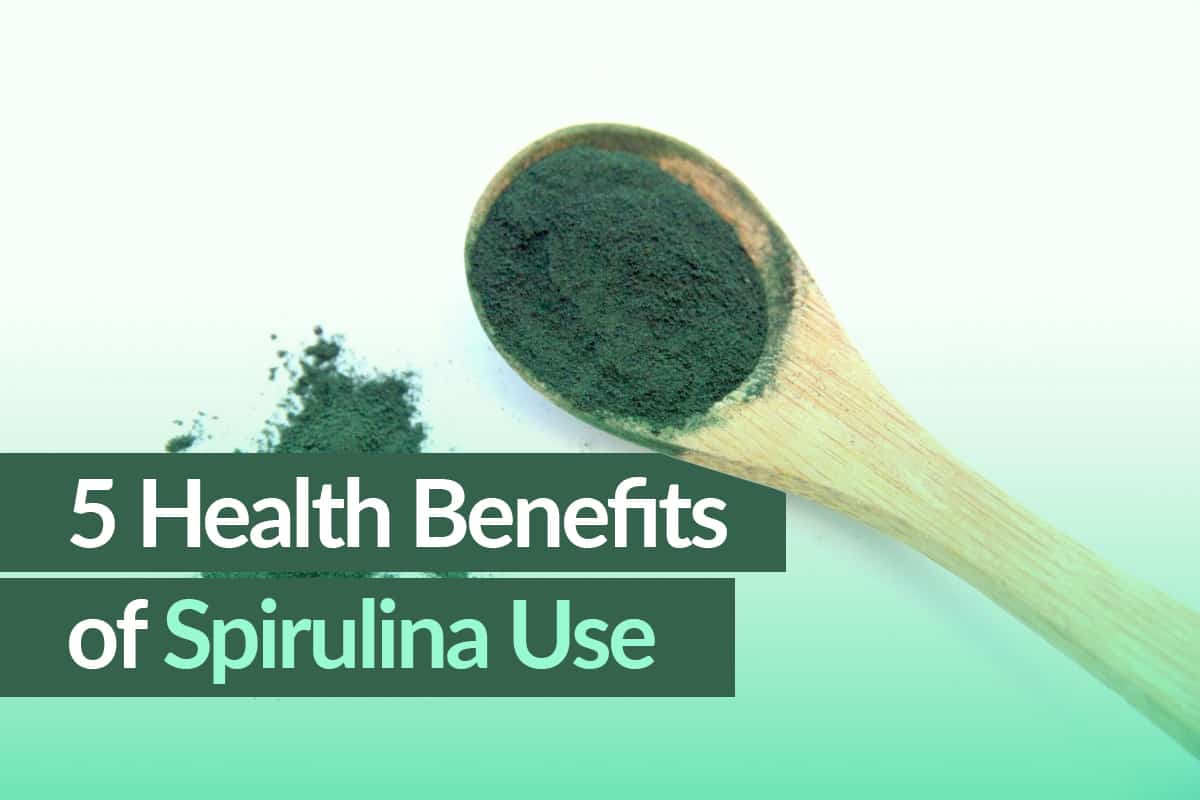Spirulina is available as a dietary supplement, food additive, or as food in its natural state. It grows in tropical regions near lakes with alkaline and mineral deposits. Because spirulina has a lot of health benefits, its cultivation is also rising. It is available mainly in the form of a supplement, and adding it to your diet has many health benefits.

Benefits of Spirulina
1. Improves nutrition
It is rich in iron that promotes blood cell formation. That is why it is one of the recommendations by health experts to treat anemia. Low immunity and fatigue are some of the symptoms of anemia. People experiencing such symptoms should add spirulina to their diet to help prevent anemia.
The supplement is also high in protein, and consuming it can increase the amino acids in your body for better health.
The powerful supplement has low carbs and cholesterol content. But it is also high in B vitamins. The B vitamins enhance the nervous system’s health and promote energy metabolism.
Spirulina is also rich in magnesium, copper, and potassium. These trace minerals help to maintain electrolyte balance in the body and also fortifies bone health.
2. Rich in antioxidants
Antioxidants help to reduce oxidative damage by free radicals to body cells. Spirulina contains phycocyanin, a powerful antioxidant that helps protect the cell DNA. A diet high in antioxidants helps reduce the risk of heart diseases and cancer. Antioxidants also help reduce signs of aging and age-related health complications. Antioxidants prevent nasal inflammation, and using spirulina regularly can help prevent allergies that result due to inflammation
3. Lowers cholesterol levels
Spirulina helps raise cholesterol levels in the body. That way, the body can fight health complications. Good cholesterol enhances body immunity too. Regular intake of spirulina lowers the bad cholesterol.
4. Build and strengthen body muscles
Athletes and those training for weight loss use the supplement to strengthen the muscles and enhance the endurance period. The high protein content in spirulina helps build more muscle and strengthen muscles.
5. Blood sugar control
Spirulina can help treat and manage diabetes. One of the health benefits of spirulina is to lower blood sugar. Lowering blood sugar is the ultimate treatment for diabetes. Low blood sugar also contributes to overall good health.
Are there health contradictions of using spirulina?
Anyone can use spirulina as part of their diet. But expectant and breastfeeding mothers should avoid spirulina. The research on the effects it has on mothers is still ongoing. Spirulina contamination is also possible, so one should get it from reliable sources. Phenylketonuria is a rare health condition that affects a small population. People with this genetic disorder cannot process spirulina and should avoid it.
One may add spirulina to their diet by mixing it with smoothies, sprinkling it on salads, or stirring in soups or fruit juices. It is one of the healthiest food supplements. Some people also use it to manage health conditions. It may help to lower blood pressure, alleviate allergy symptoms, and also enhances gut health.








